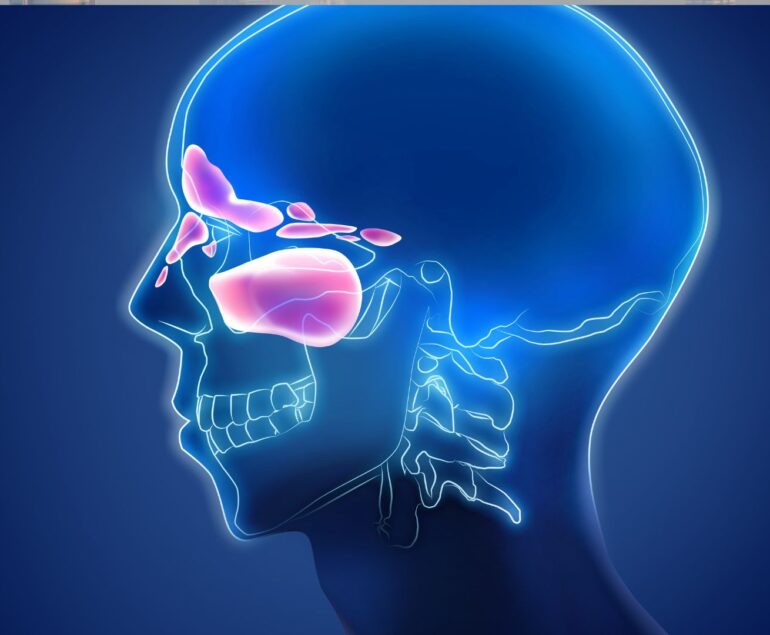Nasal polyps, though often benign, can significantly impact an individual’s quality of life. Understanding the causes, symptoms, and treatment options is crucial for effective management and relief.
Introduction
Nasal polyps are soft, non-cancerous growths that form on the lining of the nasal passages or sinuses. While generally harmless, they can cause bothersome symptoms and affect one’s ability to breathe properly. In this article, we delve into the intricacies of nasal polyps, exploring their causes, symptoms, and various treatment options.
Understanding Nasal Polyps
Nasal polyps are abnormal tissue growths that result from chronic inflammation in the nasal passages. Often mistaken for other nasal conditions, such as sinus infections, understanding their distinct characteristics is essential for accurate diagnosis and treatment.
Causes of Nasal Polyps
Genetic factors play a significant role in the development of nasal polyps. Individuals with a family history are more prone to this condition. Chronic inflammation, often associated with allergies and asthma, also contributes to their formation.
Recognizing Symptoms
Identifying the symptoms of nasal polyps is crucial for early detection and intervention. Common signs include nasal congestion, persistent runny nose, decreased or loss of smell, and facial pain or pressure.
Diagnosis
Healthcare professionals employ various methods for diagnosing nasal polyps, including clinical examination, imaging tests, and nasal endoscopy. These diagnostic tools help determine the size, location, and extent of the polyps.
Treatment Options
The management of nasal polyps involves a combination of medications, surgical procedures, and lifestyle changes. The choice of treatment depends on the severity of symptoms and the individual’s overall health.
Medications for Nasal Polyps
Corticosteroids are commonly prescribed to reduce inflammation and shrink nasal polyps. Other anti-inflammatory drugs may also be recommended, providing relief from symptoms.
Surgical Procedures
In cases where medications prove insufficient, surgical interventions such as endoscopic sinus surgery or polypectomy may be necessary. These procedures aim to remove or reduce the size of the polyps, improving airflow and alleviating symptoms.
Lifestyle and Home Remedies
Adopting certain lifestyle changes, including nasal irrigation, humidification, and allergen avoidance, can complement medical treatments and promote overall nasal health.
Managing Nasal Polyps with Allergies and Asthma
Coordinated treatment of nasal polyps alongside underlying conditions like allergies and asthma is essential for long-term success. This holistic approach addresses the root causes and enhances overall well-being.
Prevention
Identifying and managing triggers, such as allergens and irritants, can help prevent the recurrence of nasal polyps. Regular follow-ups with healthcare professionals ensure ongoing monitoring and timely intervention.
Living with Nasal Polyps
Coping strategies, support groups, and resources can provide individuals with practical tools to manage the challenges of living with nasal polyps. Seeking professional guidance is crucial for tailored advice and personalized care.
Importance of Professional Guidance
While home remedies and lifestyle changes can offer relief, seeking medical advice and collaborating with ENT specialists are crucial steps in effectively managing nasal polyps. Professional guidance ensures accurate diagnosis and appropriate treatment plans.
Success Stories
Real-life experiences of individuals overcoming nasal polyps highlight the importance of early intervention, effective treatment, and ongoing management. These success stories inspire hope and encourage others to seek help.
Conclusion
In conclusion, understanding nasal polyps and their management is vital for individuals experiencing symptoms. Whether through medications, surgical procedures, or lifestyle changes, effective solutions are available. Seeking professional help ensures accurate diagnosis and tailored treatment plans, empowering individuals to breathe easier and enjoy a better quality of life.
FAQs
- Are nasal polyps cancerous?
- Nasal polyps are typically non-cancerous growths. However, it’s crucial to seek professional medical advice for accurate diagnosis.
- Can nasal polyps be treated without surgery?
- In many cases, nasal polyps can be effectively managed with medications and lifestyle changes. Surgical intervention is considered when other treatments prove insufficient.
- Is nasal polyp recurrence common?
- Recurrence may happen, but identifying and managing triggers can help minimize the risk.
- Can allergies cause nasal polyps?
- Yes, allergies, especially chronic inflammation, are a common contributing factor to the development of nasal polyps.
- How often should I have follow-up appointments after nasal polyp treatment?
- Regular follow-ups with healthcare professionals are recommended to monitor the condition and ensure timely intervention if needed.
About Author:
Dr. Vivek Kumar Pathak: Renowned ENT Surgeon, Senior Professor, and Founder.
Dr. Pathak, ENT surgeon at Kailash Hospital, Senior ENT Professor at Sharda University, and founder of Entegrity Care, brings expertise and innovation to healthcare. Discover the visionary behind Doxtreat Healthcare, shaping the future of ENT care.
Website www.drvivekpathak.com
Call +917838450942
WhatsApp +91 78384 50942
Book an appointment with Dr. Vivek kumar Pathak by filling the form.



